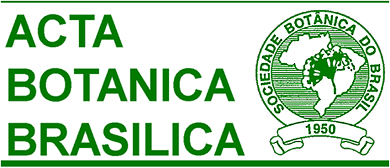ABSTRACT
Ustilago maydis is a basidiomycete known as the causative agent of 'common smut', worldwide disease of maize that is recognized by the galls it forms, which have considerable potential as a gourmet food. Results of infection are quite variable, even under optimal greenhouse conditions. In order to find pathogenic strains able to be used as a highly infective and stable inoculum for the successful production of galls either in greenhouses or in the field, ears with gall symptoms containing teliospores were recovered from maize plants. The teliospores were suspended in water and plated on nutrient-rich medium. Twenty-six colonies developed, containing three types of yeast-like colonies: saprotrophic, pathogenic, and solopathogenic. DAPI staining confirmed the presence of solopathogenic strains with diploid sporidia. Groups of different mating types were found when pairs of the 26 strains were arranged resembling partial-diallel combinations. Amplification of the partial b locus revealed that the strains found harbor the alleles b3 and b4, allowing the formation in dikaryotic strains of heterodimeric regulatory proteins associated with fungal development and pathogenicity. In this study, we isolated compatible haploid and solopathogenic diploid strains for their high capacity for inducing smut.
Keywords
Basidiomycete; maize galls; mating types; molecular diagnosis; smut

 Thumbnail
Thumbnail
 Thumbnail
Thumbnail
 Thumbnail
Thumbnail
 Thumbnail
Thumbnail
 Thumbnail
Thumbnail




